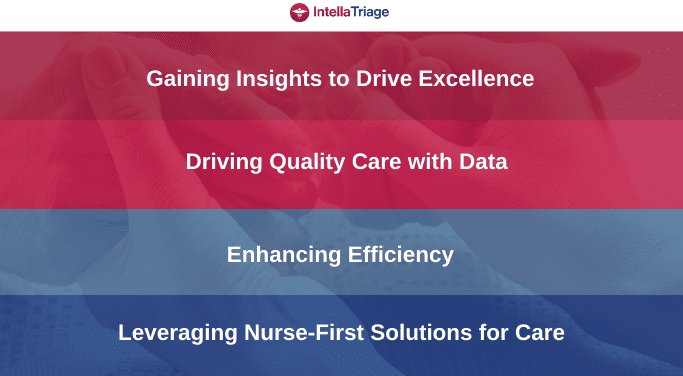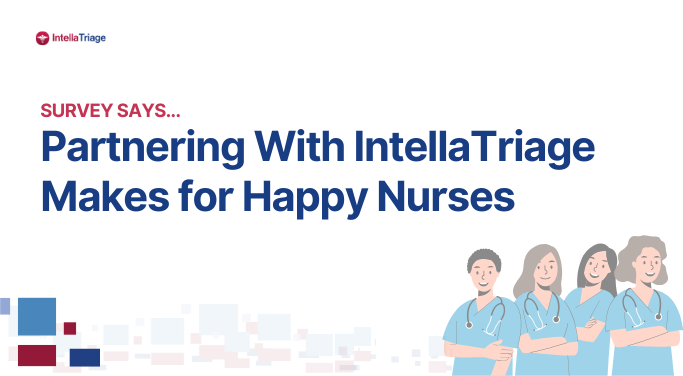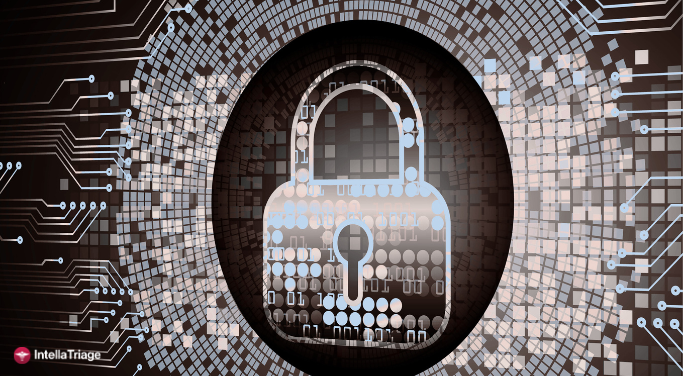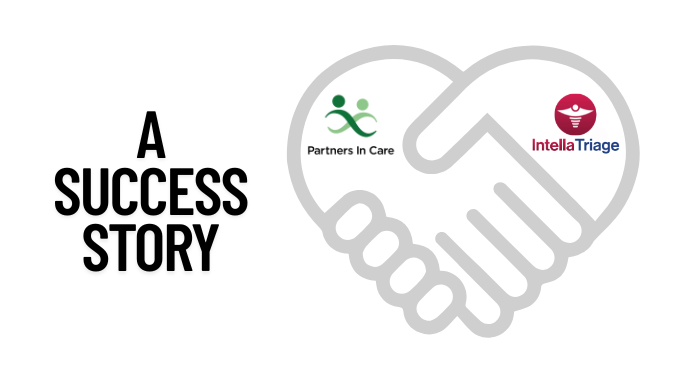Home health providers like you recognize the profound impact of seamless care transitions, particularly for patients managing complex conditions such as cardiac conditions, for example. With enhanced visibility into after-hours calls and detailed insights into patient needs, providers can truly revolutionize their approach to care coordination, as exemplified by the following patient scenario.
Gaining Insights to Drive Excellence
Consider home health patients with congestive heart failure who experience symptoms after hours. Unfortunately, not all CHF symptoms occur during business hours. In fact, many nurses and family members will share that it feels like symptoms only happen when the office is closed(!). In general, providers have limited visibility into after-hours calls, which hinders their ability to provide timely and tailored support. Enhanced data collection and analysis can provide a comprehensive understanding of the nature of all after-hours calls,. This will highlight trends in complaints and medication inquiries specific to heart failure management.
Driving Quality Care with Data-Driven Insights
Once you know the types of calls coming in after hours, you can begin to take steps to improve the quality of home visits. Use after-hours calls data to understand why these calls occur. Then create action plans for what clinicians can do during the home visit to alleviate symptoms or prevent issues before nights or weekends.
Since implementing remote nurse triage, several of our clients have seen notable improvements in key outcome measures by as much as 6 percentage points each. For instance, transfers, oral medication management, and mobility have seen significant enhancements. Providers put quality improvements in place, which results in better symptom management and overall well-being for patients.
Dispelling Concerns and Enhancing Efficiency
Rehospitalizations are a key data point for home health quality measures. We often hear from providers intent on reducing or preventing unwarranted readmissions. However, the data-driven approach mentioned above delivers invaluable insights into why and when patients are sent to the ED. This helps providers refine care processes effectively and reduce rehospitalization rates.
For instance, a recent case study with one of our partners, CommonSpirit Health at Home, showed:
- Remote nurses are resolving ~96% of all calls and documenting directly in the EMR for direct transparency into all interactions.
- Less than 3% are sent to CommonSpirit nurses for notification after hours.
- Only .7% of all calls result in patients being advised to call 911 or go to the ED according to pre-established protocols. It is worth noting that in these cases, ED visits would likely be advised by CommonSpirit’s on-call nurse as well, according to the same protocol.
Leveraging Nurse-First Solutions for Personalized Care
When after-hours calls are answered directly by licensed nurses, patients and caregivers receive strategies to prevent and manage symptoms’ onset, recognition, and treatment coaching. Unlike when a non-clinical answering service fields a call, triage nurses can access the patient’s electronic medical record (EMR) and provide personalized recommendations based on their specific needs and directives inside the Plan of Care. This level of insight and individualized care drives tangible improvements in patient outcomes.
Leveraging Technology for Improved Visit Utilization:
Triage nurses answer calls in under 60 seconds on average. They provide quality patient care at all hours, and track the information in the IntellaTriage platform, IntellaHub. IntellaHub’s state-of-the-art technology is a powerful tool for categorizing calls and benchmarking them against industry standards. Armed with this data, care teams can significantly improve the quality of their time spent with patients. They can access up-to-date EMR information and call notes. Triage teams can reenforce education to prevent rehospitalizations and improve symptom management and quality outcomes.
Learn More About After-Hours Coordination
IntellaTriage leverages enhanced after-hours call data and prioritizes data-driven insights for our provider partners. In this way, we help home healthcare providers transform their approach to care coordination for all patients, including heart failure patients. Through personalized care, improved outcomes, and increased efficiency, we’re ensuring that every patient receives timely and tailored support.
To learn more about how IntellaTriage is helping organizations to transform after-hours care coordination, or to hear about the CommonSpirit Case Study, contact us today.
Contact Us for a Consultation
Ready to optimize your triage process? Reach out to us today for a consultation tailored to your needs. Let’s elevate your patient care together.
More From The Blog
Survey Says… Partnering With IntellaTriage Makes for Happy Nurses In today’s competitive healthcare landscape, becoming the employer of choice is a strategic advantage. And if you’re in hospice or home health, your clinicians aren’t just looking for better pay. They’re looking for better balance. According to a recent survey of IntellaTriage clients, 96% say our [...]
Recent data breaches are once again highlighting the urgency of securing protected health information (PHI). In March 2025, Yale New Haven Health System disclosed that an unauthorized third party accessed the personal data of nearly 5.6 million patients. Around the same time, Kentucky’s Cumberland County Hospital suffered a breach affecting more than 36,000 individuals, including [...]
Partners In Care - A Success Story. Partners In Care is a 5-star nonprofit provider of hospice, palliative, and home health services in Oregon. When they decided to reevaluate their after-hours care model, the goal was clear: prioritize patient care while supporting the nurses who make it all possible. Their home health and hospice nurses [...]

